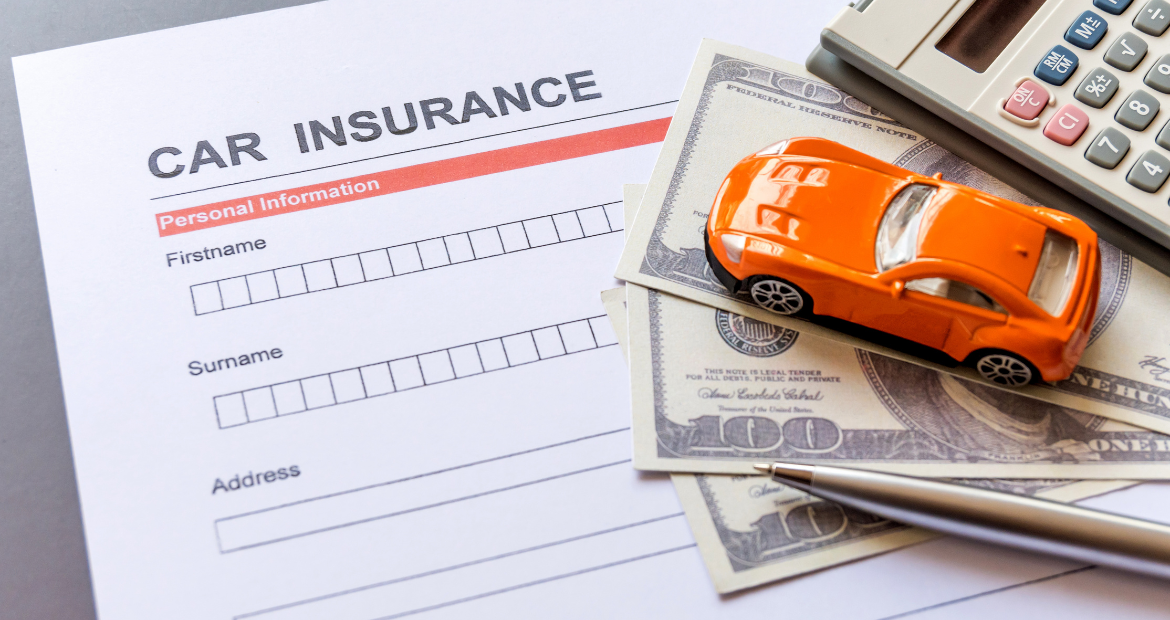Car Insurance Concept
As electric cars (EVs) become more popular around the world, consumers aren’t only concerned with charging points and battery life; they’re concerned with insurance too. A question on many minds is, is electric car insurance more costly than that of a conventional gasoline-powered vehicle? The response isn’t an unequivocal yes or no, but knowing the ins and outs of EV insurance can make you a savvy consumer and ultimately help you save money.
Why EV Insurance May Be More Costly
Let’s get the elephant out of the room. On average, to insure an electric vehicle will be around the same price as insuring its gas counterpart. But it’s not simply about being electric—it’s about what that means.
- More Expensive Repairs
EVs tend to feature advanced technologies and components that aren’t as easily and affordably replaced as those in traditional cars. For instance:
- Battery packs are one of the most costly parts, sometimes running thousands of dollars.
- EV-specific repair shops and technicians are required to do the diagnostics.
- A low-speed accident might involve fixing sensitive electronics.
These make repairs and replacement more costly, which can drive up insurance rates.
- Limited Parts and Specialized Technicians
In contrast to traditional cars, EVs are new to the mass market. This implies:Fewer companies are making spare parts. Technicians who have the training to work on EVs are still scarce. This restricted availability of repair facilities can slow down service and cost more—two things insurance companies hate.
- Greater Vehicle Value
Electric cars tend to cost more because of the expense of their batteries and high-tech features. Insurance is partially tied to the worth of the car, so a greater up-front cost tends to translate to a greater premium.

Car Insurance Form
But It’s Not All Bad News
Although EVs are more expensive to insure initially, there are a number of cost-saving advantages that might balance things out—or even swing in your direction.
- Fewer Moving Parts = Less Maintenance
Electric cars don’t have oil to change or spark plugs to replace. They have fewer moving parts, which reduces the risk of certain mechanical failures. This might not immediately lower your premium, but over time, insurers may recognize your car’s reliability with lower rates.
- Government Incentives and Insurer Discounts
Some insurance providers currently provide discounts to EV owners exclusively, taking into account their reduced carbon footprint and dedication to sustainability. In some cases, insurance plans may apply state or federal incentives for EV ownership.
- Safe Driving Technology
Most electric vehicles roll off the assembly lines equipped with the newest safety and driver-assistance technology, such as
- Automatic braking
- Lane-departure warning
- Collision detection
- Adaptive cruise control
These features can reduce accident risk, something insurers tend to reward with lower premiums.
How to Lower Your EV Insurance Premium
Whether you’re looking at a Tesla, a Nissan Leaf, or a Hyundai Ioniq, there are practical ways to keep your EV insurance costs down.
- Shop Around
Just like with traditional cars, insurance premiums vary by company. Some insurers specialize in EVs and may offer more competitive rates. Use comparison tools or speak with an insurance agent who understands the EV landscape.
- Increase Your Deductible
If you can pay more out-of-pocket if a claim is made, increasing your deductible can decrease your premium substantially.
- Bundle Policies
Bundle your automobile policy with homeowner or renter’s insurance to qualify for bundling discounts.
- Improve Your Driving Record
Safe driving pays. Numerous carriers provide programs that track your driving and reward good habits with lower rates.
- Take Advantage of EV-Specific Discounts
Certain insurance companies now provide green car discounts or premiums for EVs and hybrids. Inquire the same from your insurer.
What the Future Holds
The insurance premium gap between EVs and gas-powered cars will narrow in the coming years. As EV technology gains broader adoption, parts and labor costs will come down. As insurance firms have more data on EV performance and safety, they’ll have an easier time determining risk—possibly lowering premiums. Additionally, the EV market is becoming increasingly competitive, with several cheap models available. When prices decrease, insurance costs could follow.
Conclusion
So is it actually more costly to insure electric cars? In the majority of instances, yes—but the situation is hardly a simple black and white. While initial premiums may be greater because of repair bills, specialist technology, and lofty vehicle prices, there are numerous ways these expenses can be minimized with discounts, secure driving, and intelligent buying. As adoption of EVs increases and insurers catch up, it’s only a question of when, not if, EV insurance prices will be comparable to, or less than, conventional car insurance. In the meantime, knowing what’s at stake and doing your homework can make your transition to electric hassle-free and cost-effective.

 +18585990381
+18585990381





